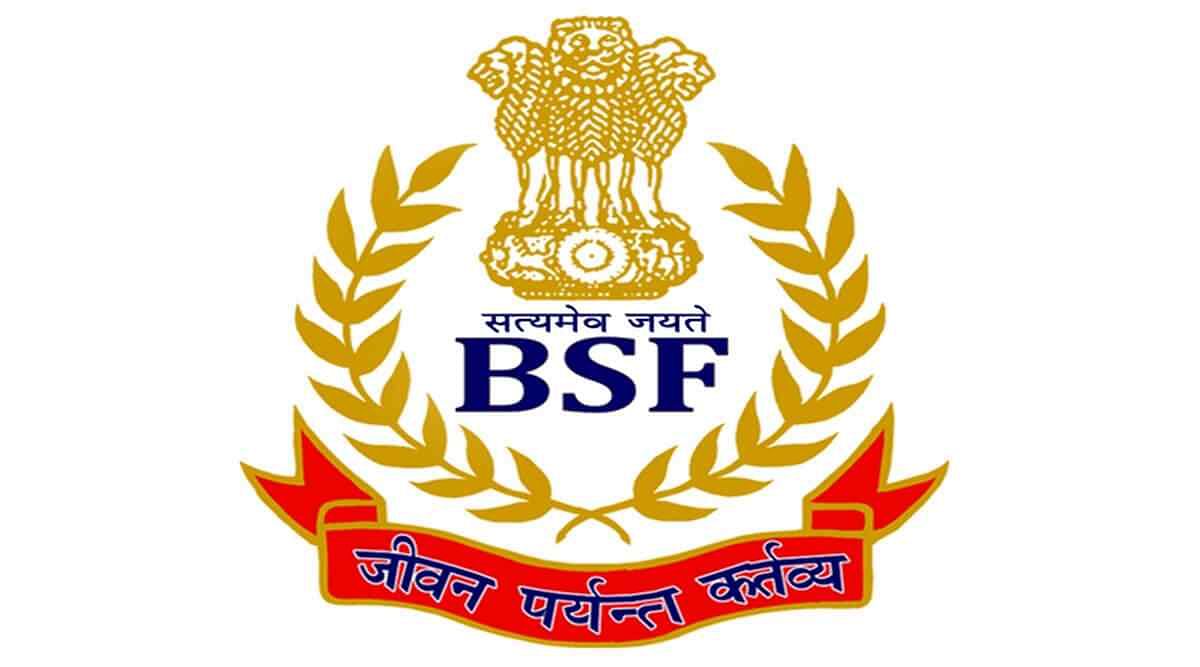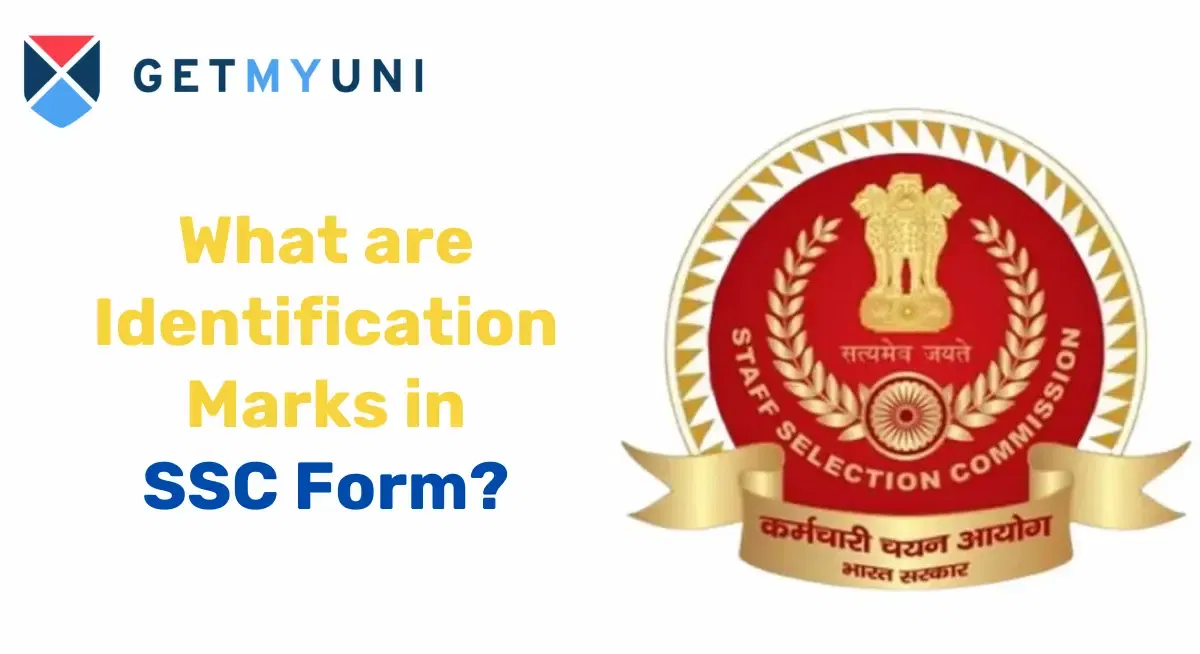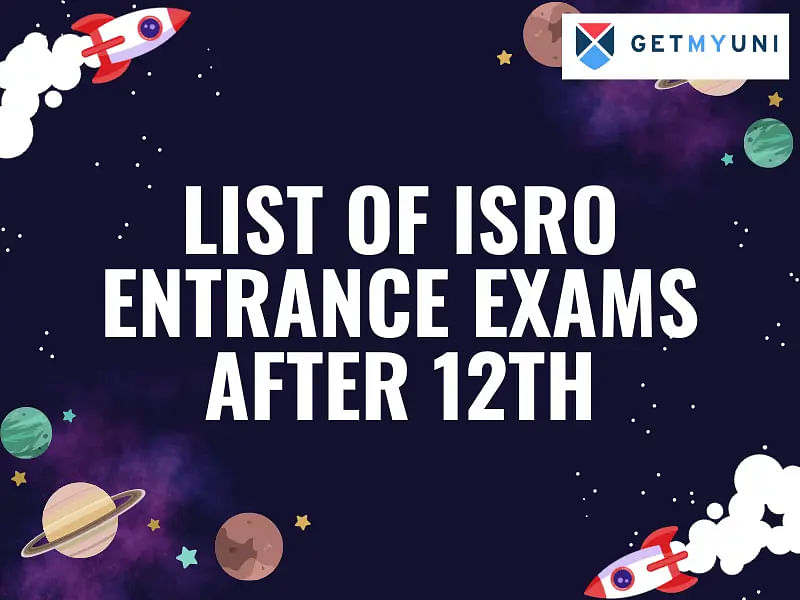The nature of the IAS examination is to test the candidate's awareness about the happenings around the country. So there are compulsory subjects for the UPSC exam that tests alertness and awareness; therefore, it is important to know which subjects to focus on the UPSC exam.
UPSC is one of the most prestigious exams held in India. Since graduates from all universities can apply for this examination, the competition can get tough. Whether it's mathematical problems or Indian history, its vast syllabus demands hard work and dedication from you if you want to clear this exam. Moreover, if we take a look at the entire IAS exam syllabi, the first thing we'd notice is that there are compulsory and optional subjects. This adds to that challenge, which is why your best bet would be to learn the exam patterns to strategize how you'd prepare for both.
Compulsory Subjects for UPSC
The UPSC syllabus comprises compulsory subjects as well as optional ones. Therefore, candidates should prepare the whole syllabus of every paper for clearing the examination.
Before start preparing for UPSC, know about the compulsory subjects for the UPSC exam that aspirants have to go through.
General Studies
UPSC General Studies paper includes subjective type questions from History, Geography, Art and Culture, and Indian Society.
Compulsory subjects for UPSC GS are as follows.
- Current events of national and international importance
- History of India
- Indian national movement
- Indian and World Geography: physical, social, and economic geography of India and the world
- Economic and social development: sustainable development, poverty inclusions, demographics, social sectors initiatives, etc.
- General issues on environmental ecology, biodiversity, and climate change
- Indian polity and governance: constitution, political system, Panchayati Raj, public policy, issues of rights, etc.
- General Science
Aptitude Syllabus
Comprehension and interpersonal skills like communication skills are assessed in the aptitude section.
The compulsory aptitude syllabus for UPSC GS are as follows.
- Logical reasoning and analytical activity
- Decision making and problem-solving
- General mental ability
- Class 10 Maths
- Numbers and their relations,
- Order of magnitude
- Data Interpretation using charts, graphs, and tables
- Data sufficiency
- English Language comprehension skills
Optional Subjects for UPSC
UPSC exams comprise 3 stages: Prelims, Mains, and Interview. The Mains exam is the most crucial as it comprises nearly 86% of the total marks. Here, the candidate must choose one optional subject from the list of 26 UPSC-optional subjects. Each optional paper carries 250 marks each, thereby making close to 30% of the Mains exam (in other words, 500 marks out of 1750 marks).
Optional subjects for UPSC are,
- Agriculture
- Animal Husbandry and Veterinary Science
- Anthropology
- Botany
- Chemistry
- Civil Engineering
- Commerce & Accountancy
- Economics
- Electrical engineering
- Geography
- Geology
- History
- Law
- Management
- Mathematics
- Medical science
- Philosophy
UPSC Syllabus
UPSC follows the same syllabus pattern for various civil service exams like IAS, IFS, IPS, IRS (Customs and Central Excise), etc. But, there are different stages of UPSC exams that have different exam patterns and syllabi. The UPSC syllabus focuses on general and societal awareness, which is tested by objective-type questions. The UPSC Mains syllabus is much more comprehensive, comprising nine theory papers.
UPSC syllabus for prelims and mains are as follows.
UPSC Prelims Syllabus
The preliminary examination is two hours and carries 200 marks, comprising multiple-choice objective question type carrying 2 marks for each question, and 1/3rd of the marks allotted to the question will be deducted for every incorrect answer.
UPSC preliminary examination syllabus includes,
- Current events of national and international importance
- History of India and the Indian National movement
- Indian polity and governance and its constitution, political system, public rights, Panchayati raj, rights issue
- General science
- Economic and social development sustainable developments, poverty, inclusions, social sector initiatives
- Indian & world geography- its physical, social, economic, and Geography of India & the world
UPSC Mains Syllabus
The UPSC mains exam is descriptive in nature and has 9 papers. Out of these 9 papers, 7 are considered for final ranking.
UPSC Mains syllabus are as follows.
- Paper 1: Essay
- Paper 2: General Studies 1
- Paper 3: General Studies 2
- Paper 4: General Studies 3
- Paper 5: General Studies 4
- Paper 6: General Studies III
- Paper 7: General Studies IV
Read More: UPSC Syllabus
UPSC Exam Pattern
The UPSC Civil Services Exam is conducted in Prelims and Mains, followed by an interview. Only the candidates who qualify prelims are qualified for the mains exam post. Based on marks secured in the Main exam, they will be called for an Interview.
The exam pattern for the UPSC Prelims exam is given in the table.
| Paper Name | Evaluation | Question Type | Total Marks |
| General studies I (2 hours duration) | Merit ranking | General studies (multiple-choice question) | 200 |
| General studies II (2 hours duration) | Minimum score: 33% | CSAT (multiple-choice questions including numerical problems) | 200 |
UPSC Preparation
Online IAS preparation is best for candidates preparing for the UPSC exam on their own terms. To begin with, there are several choices for UPSC online coaching which the candidates should check out. The ideal way to prepare for civil service is by reading NCERT books and going through the previous year question papers. Unfortunately, it's not enough; you should be acquainted with current affairs and update yourself regularly. There are several websites for aspiring candidates to prepare for exams.
Here are some steps to follow:
- Start with NCERT books.
- Finish them in chronological order.
- Study the geographical maps.
- Study the previous years' question papers with their answer keys.
- Update yourself on current affairs via All-India Radio.
- Look into GS Score Weekly Current Affairs Compilation.
- News channels save your time while creating your foundations of current affairs.
- Magazines such as Competition Success Review (CSR) and Pratiyogita Darpan also give you an idea regarding UPSC/IAS preparations.
- Consistency in following these rules will get you the results you're looking for.
About UPSC Examinations
The civil services examination is a nationwide competitive examination in India conducted by UPSC, the union public service commission for recruitment to various civil services of the government of India. It has three phases: preliminary and main examinations-the written and stage (III) personality tests.
The UPSC interview or personality test has no prescribed syllabus. The candidates will be interviewed by a board of competent and unbiased members & will be questioned on the matter of general interest. The candidates will be evaluated not only based on their intellectual qualities but also on social traits, interest in current affairs, mental alertness, critical power of adaptation, rational exposition, the balance of judgment, variety and the depth of interest, ability of social interconnection and leadership logical and moral uprightness.
Read More: UPSC Exam










